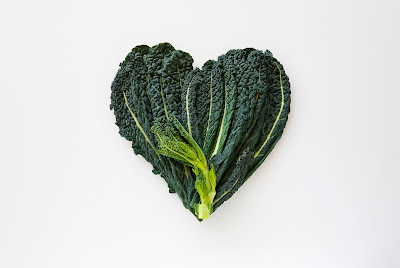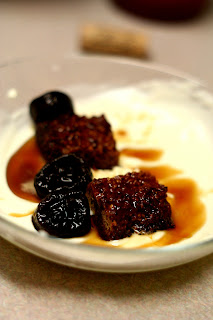A new school year is beginning and this is the PERFECT time to establish a few new healthy choices for your life. What do I suggest? Oh, thank you for asking. Well here’s one:
EAT MORE KALE.
Here are 5 reasons to make KALE your best friend this year…
1. KALE has more vitamin C than an orange.
2. It’s… kind of fatty (in a good way).
3. KALE is the queen of vitamin A.
4. It has more calcium than milk.
5. KALE helps combat inflammation! And arterial plaque formation! WOW! Food friends like avocado, olive oil, and lemon juice go great with kale and make the health-promoting compounds that are in kale even more powerful!
Oh, be sure to buy this power-house food in the organic section because it is one of the crops to most likely have residual pesticides.
Read more about the goodness of KALE in this article of the
My favorite way to eat KALE is by putting it in my smoothies.
Yes, I really do this and you should too.
Here is the RECIPE for the SMOOTHIE I make my daughter before school.
It has kale AND it is yummy! 🙂
NOW YOU TELL ME HOW YOU ARE PLANNING TO EAT KALE THIS YEAR…







